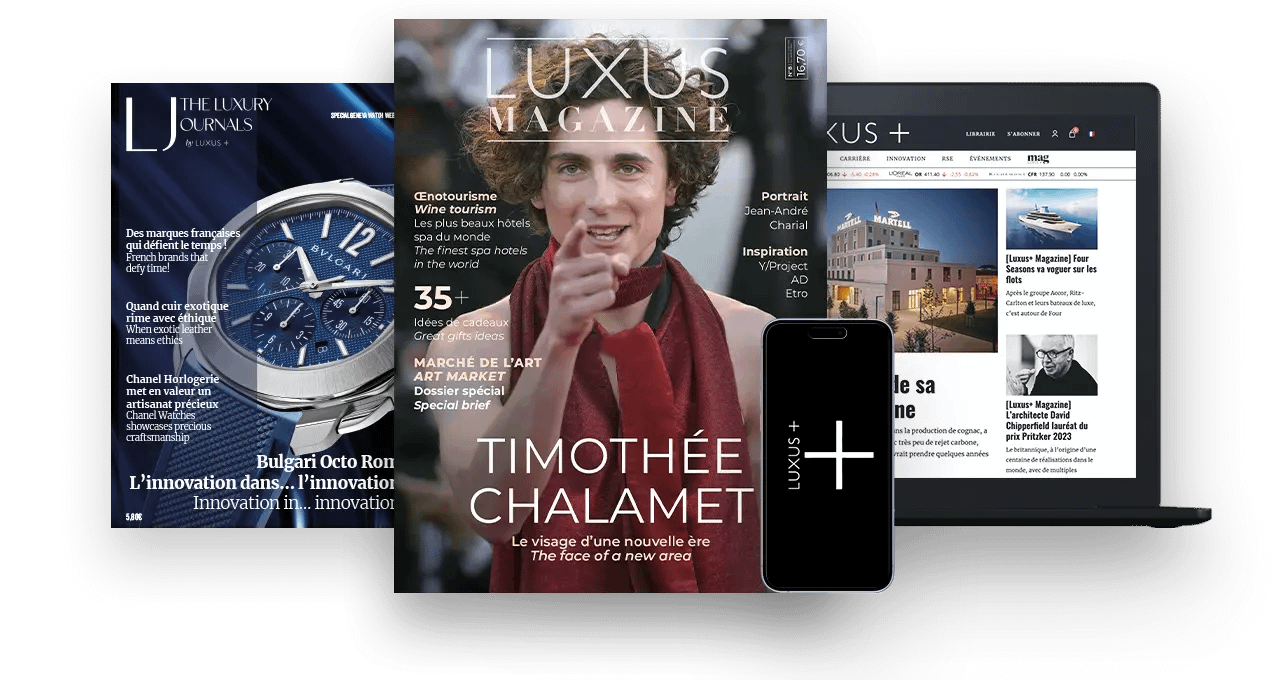Two recent studies, one focusing on American luxury consumers and the other on the loyalty programs of department stores around the world, provide a better understanding of the expectations of their high-end clientele. Common lesson: this age-old retail format has everything to gain from using new technologies such as AI and data mining to hyper-personalize the consumer experience.
Faced with an uncertain environment and more cautious consumers, department stores are doing everything they can to retain their power of attraction. And they are stepping up initiatives to strengthen customer loyalty.
Two recent studies provide interesting insights, the first on the attitudes of American luxury consumers towards shopping, spending and the economy, and the second on the actions taken by department stores around the world to build customer loyalty.
Studies by Saks Global and IADS
The first, the Saks Global Luxury Pulse, is a quarterly online survey conducted by the Saks Global group, now the owner of the eponymous brand but also, since the end of 2024, of Neiman Marcus and Bergdorf Goodman. The latest installment, a summary of responses from 1,688 consumers of luxury goods in the United States aged 18 and over, was conducted from January 16 to 22, 2025.
In the second study, the International Association of Department Stores (IADS), which brings together some fifteen international department store chains (Beijing Hualian Group (China), Bloomingdale’s (USA), Chalhoub (UAE), El Corte Inglés (Spain), Falabella (Chile, Colombia and Peru), Galeries Lafayette (France), Manor (Switzerland), etc., has taken an interest in the loyalty-building initiatives deployed by these players.
Although it only takes the temperature of the American market, the Saks Global Luxury Pulse is nonetheless interesting in more ways than one. First of all, it sheds useful light on department stores in the United States, which have suffered particularly in recent years, confronted not only with competition from other channels (e-commerce, luxury brands’ own networks, etc.) but also with the Covid crisis. Saks Global is living proof of this, as it has just announced a plan to reduce its workforce by 5% after absorbing its competitor Neiman Marcus.
Concern for the economy, optimism for personal finances
Read also > Saks swallows Neiman Marcus
Featured photo: © Getty Images/Unsplash+




































